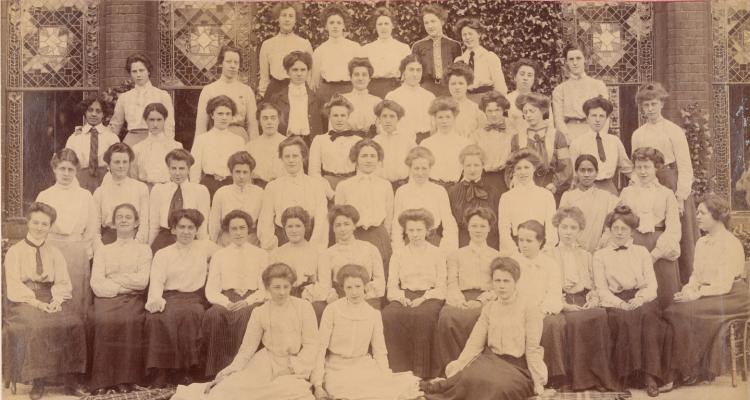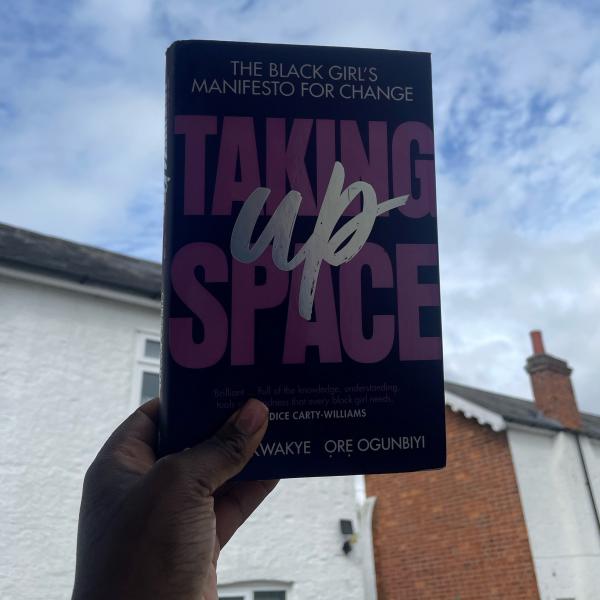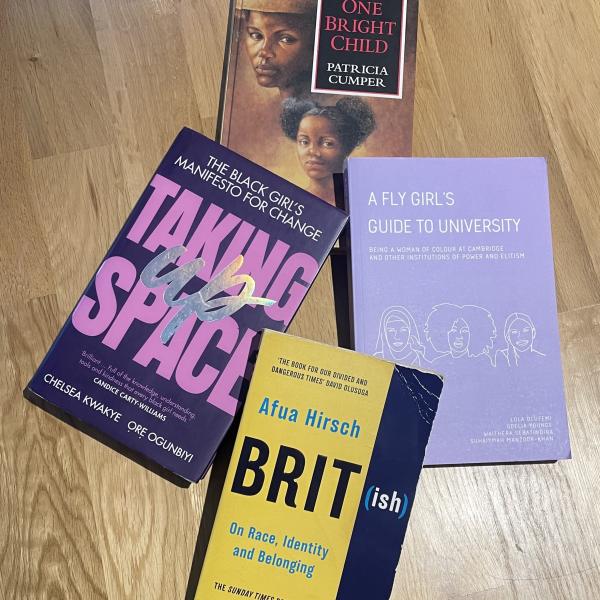
Dami Folayan (2020, PhD in Education) shares a glimpse of her justice-centred project which celebrates and memorialises the experiences of Black women at Oxford and Cambridge.
What would we give to be free again?
To live in these spaces unbound by the clasps of our skin.
To love and to laugh as though our melanin were the very thing that brought us freedom,
The thing that taught us to be true and remain within the unbounded nature of Spirit.
What would we give to be free again?
Or should we ask, What have we given?
Poem by Dami Folayan
 My PhD research project explores the experiences of Black British women in the elite Higher Education Institutions (HEIs) of Oxford and Cambridge. My question is premised on the understanding that coloniality outlasts periods of colonial governance and transcends colonial localities through its pervasive logic. I explore how the histories of Oxbridge are intrinsically linked with colonialism and detail the manifestations of coloniality, like racism, in the present day.
My PhD research project explores the experiences of Black British women in the elite Higher Education Institutions (HEIs) of Oxford and Cambridge. My question is premised on the understanding that coloniality outlasts periods of colonial governance and transcends colonial localities through its pervasive logic. I explore how the histories of Oxbridge are intrinsically linked with colonialism and detail the manifestations of coloniality, like racism, in the present day.
My research question was greatly influenced by the book Taking Up Space: A Black Girl’s Manifesto for Change (Kwakye and Ogunbiyi, 2019). The book notes that “we should never, as black girls, feel limited by the lack of black academics we are likely to encounter at university” (Kwakye and Ogunbiyi, 2019). Yet, so often, Black-British women are restrained from pursuing studies and research due to fears of not seeing enough faces that look like us. Rarely have the experiences of Black British women at Oxbridge been captured in their own words. My research documents how Black British women navigate Oxbridge and acts as a point of reference for those who would like to understand our experiences. Given the importance of documenting the lives and experiences of Black women in their own words, my research hopes to feed into the development of a Black Women’s Archive at Girton College which will showcase the history of Black women in higher education across the UK.



